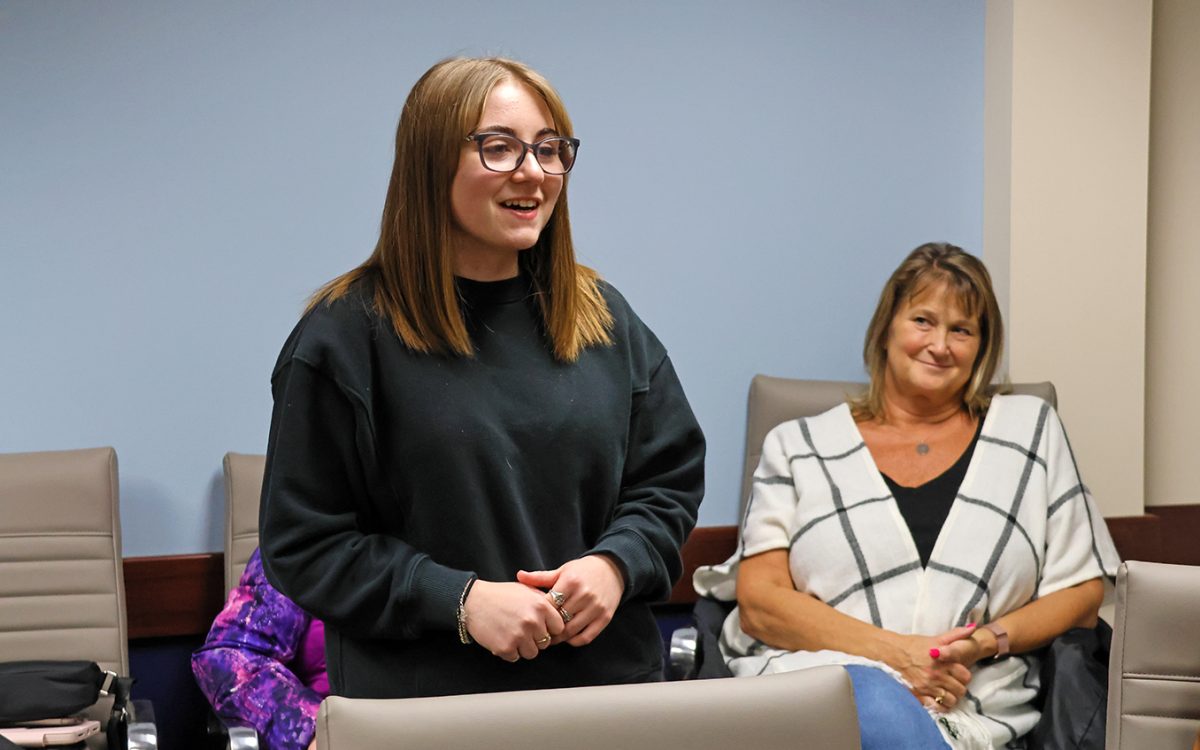
By: Ellyn Sjoquist
Prompted by the current economic environment, families with graduating high school seniors may find themselves analyzing the costs of a college education with more intense scrutiny.
According to Businessweek, fewer students justify the added cost of out-of-state tuition and fees and instead opt to enroll in their home state.
The College Board reported that 41 percent of graduating high school seniors are giving more serious consideration to in-state, public universities. Tuition figures may contribute to their concerns.
Emilie Le Beau, a contributor to fastweb.com, an online financial aid resource for college students, highlights the disparity between in- and out-of-state tuition and fees for more than a dozen state schools.
For State University of New York schools, residents pay $6,018 compared to $12,278 for nonresidents—a difference of around 100 percent.
University of North Carolina at Chapel Hill charges residents $5,340 and nonresidents $20,988—a difference of almost 400 percent.
Florida residents attend Florida State University for $3,355, and nonresidents pay $17,403—a difference of more than 500 percent.
University officials say that this disparity is necessary to meet their institutions’ bottom line, especially as state funding for public schools shrinks.
“At this point, we’re a privately supported university that also gets some meaningful state aid,” W. Taylor Reveley, president of William & Mary, told Businessweek. In the past 30 years, the total of William & Mary’s budget covered by taxpayer aid has dropped from 43 percent to 18 percent.
As schools strive to increase out-of-state enrollment to boost their income, students are shying away from crossing state lines. Others are looking for ways to change their residency to qualify for in-state tuition rates.
In most states, moving simply to attend college does not make the student a resident of the state. In Iowa, students must live and work in the state for 12 months before enrolling. The same rule applies for Wisconsin; additionally, those students must also file taxes in Wisconsin, have a Wisconsin driver’s license and register to vote in the state before residency is recognized.
Some states try to alleviate some of the financial burden on out-of-state students by providing reciprocity programs with comparable universities in the student’s home state. In these cases, students may attend a participating out-of-state school while pay the in-state tuition rates set by the participating school in their home state.
Other schools provide scholarship incentives to nonresident students to make out-of-state tuition more affordable.
The University of Akron offers this type of incentive scholarship to out-of-state students who are first-time, full-time freshmen who also meet competitive GPA and SAT/ACT score requirements. The Akron Advantage Blue Award provides qualified students with an annual $4,900 scholarship which covers 62 percent of out-of-state fees. The Akron Advantage Gold Award covers $8,000 – 100 percent of nonresident fees.
These incentives may have contributed to the growing enrollment of out-of-state undergraduates at UA. In 2010, 568 undergraduates came to UA from outside Ohio; in 2011, that figure increased 18 percent, bringing nonresident undergraduate enrollment up to 678 students. Even with that increase, out-of-state students make up a minute 2.7 percent of total UA undergrads.
Some of the states that were best represented by the 2011 incoming freshmen class were Pennsylvania with 65 students, New York with 13 students and Michigan with eight students.
Another 4,472 freshmen were already Ohio residents.
Cost isn’t the only factor that students consider in determining whether an out-of-state school is the best choice for them.
Kaitlin Lowry, a senior at Carthage University in Kenosha, Wis., couldn’t find the right program in her home state of Illinois.
“I wanted a private college from the startand; none of the ones in Illinois had the major I wanted; the ones that did wouldn’t let me double major,” Lowry said.
Lowry will graduate this May with a double major in International Political Economy and History with a double minor in Economics and Dance.
Cindy Scott Traeger graduated from high school in Florida and then graduated from the University of North Carolina at Chapel Hill in May 2011. She implored students to consider out-of-state schooling.
“I am a huge proponent of out-of-state schooling!”Traeger said in an email.“As a military brat, I am a child of America; I have no hometown, let alone home state. I was downright offended by the notion that I should somehow be stuck going to college in the last state I happened to reside in when I graduated high school.”
“If there is any way that you can afford it, move! Explore!” Traeger said.“Go to college in another state, or another country if you can!”













